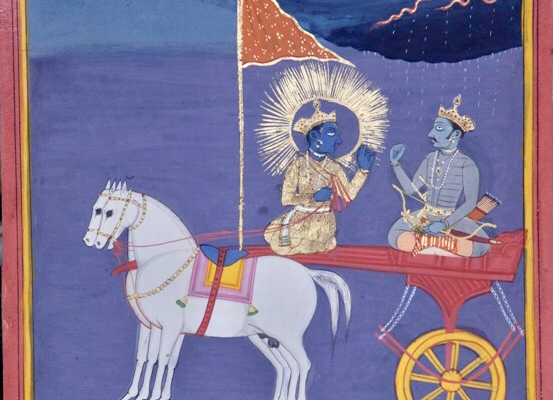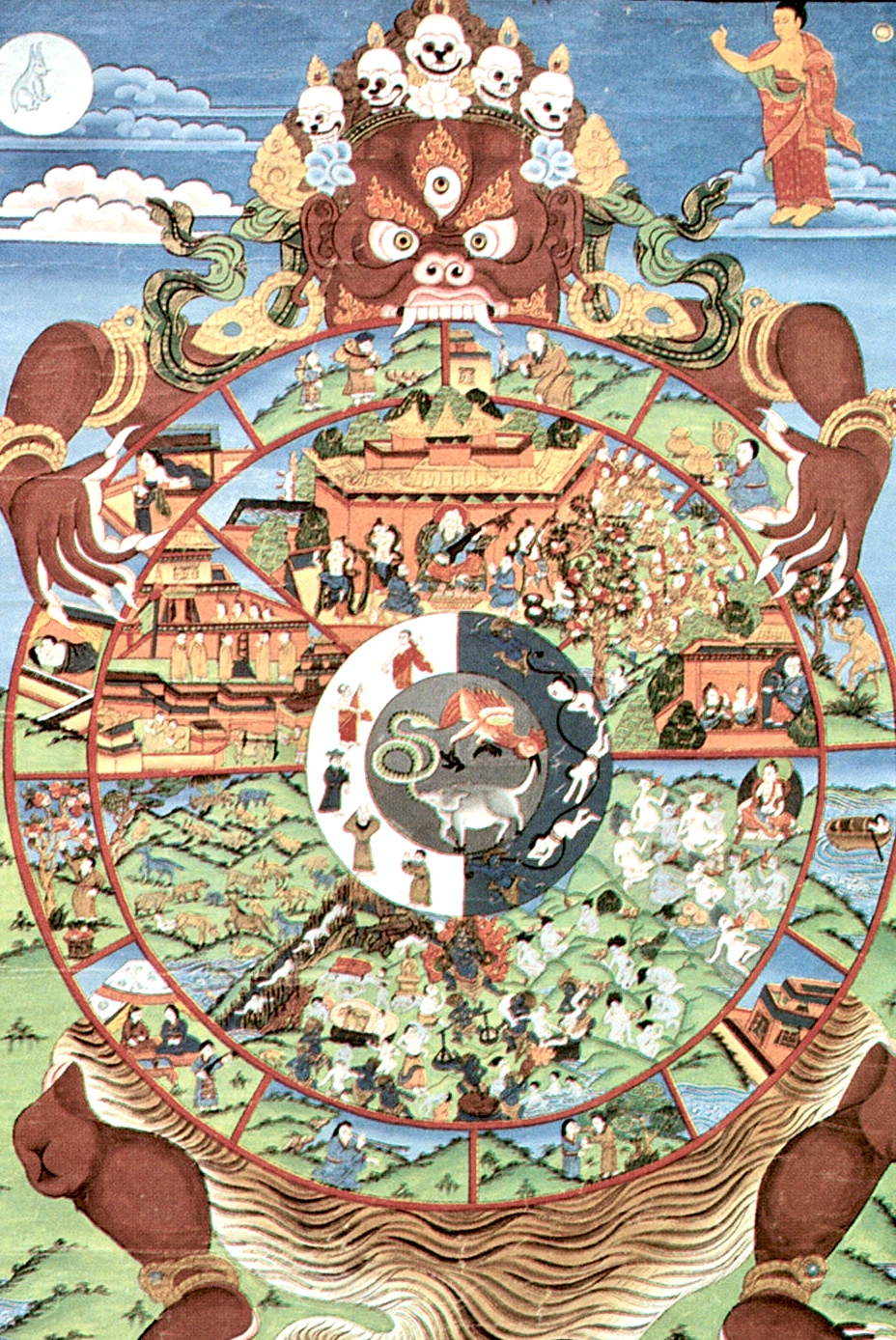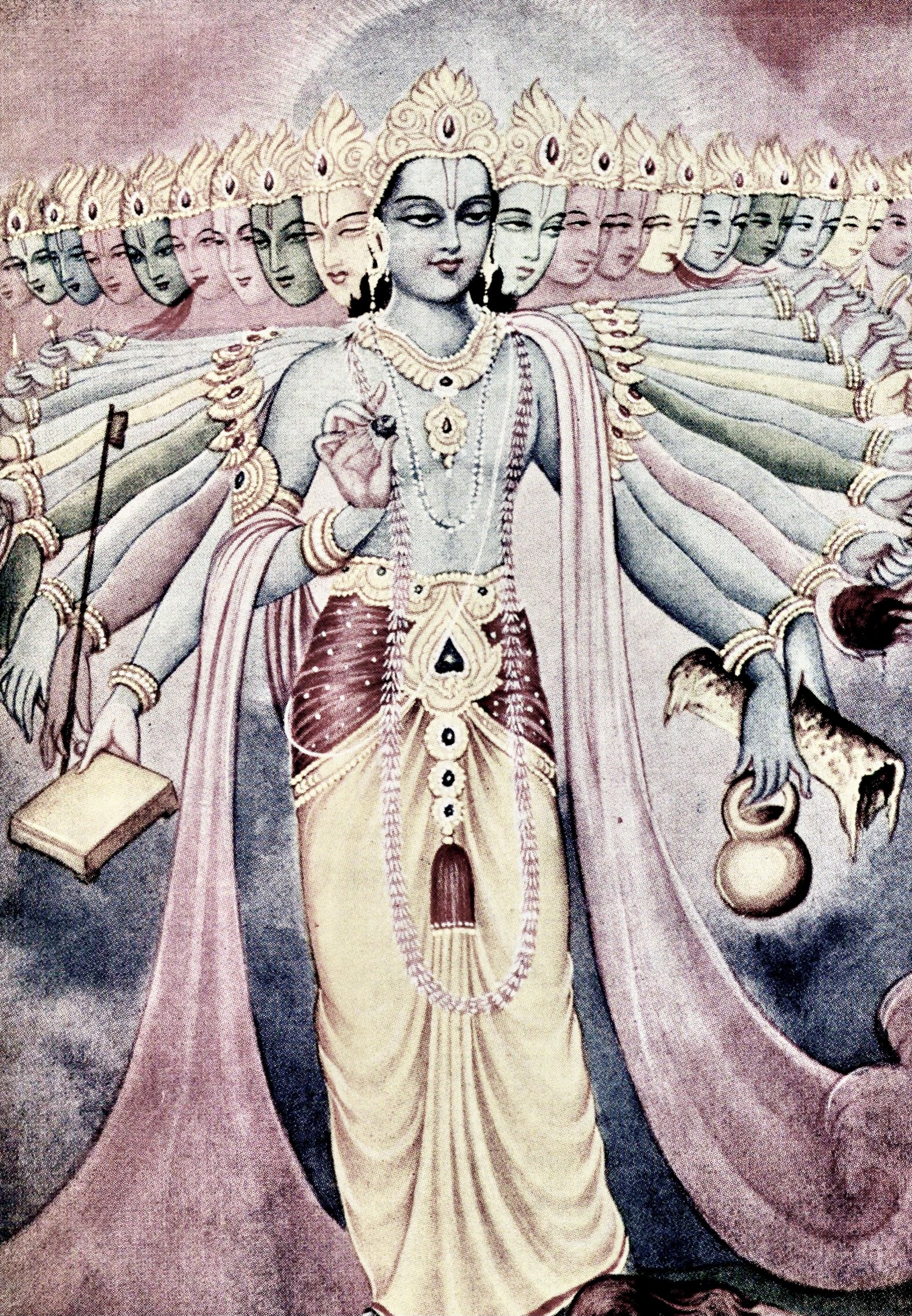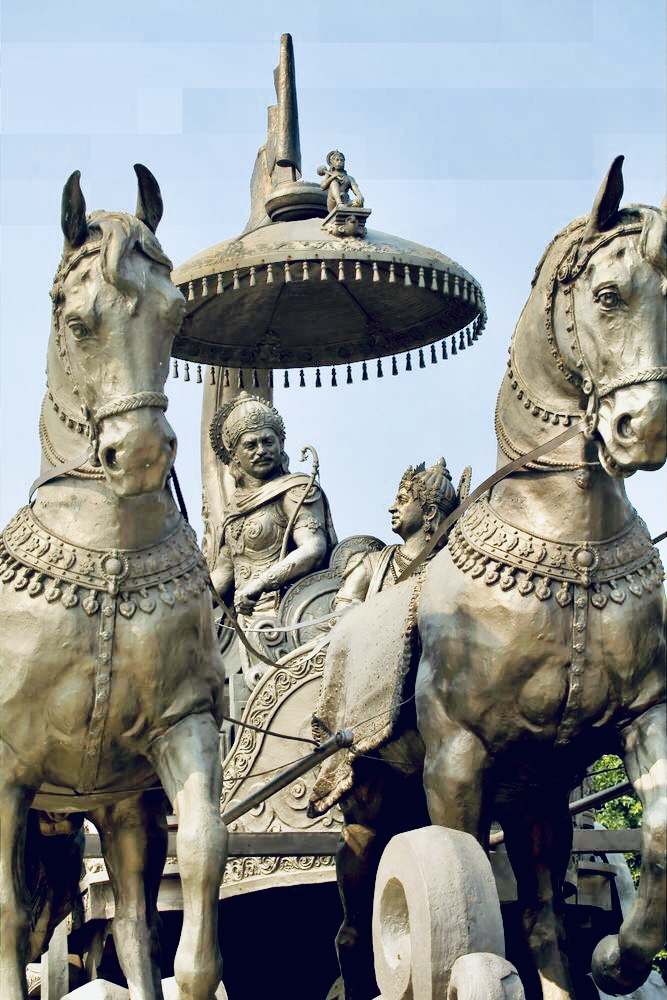India
One of the great privileges of our modern times is that we are able to access vast amounts of knowledge from different cultures, often stretching far back into history. The philosophies and traditions of India represent the backbone of much of the Eastern metaphysical knowledge which we have access to today. Ideas such as Karma, Dharma, Reincarnation and the concept of the ‘Inner Battle’ are all aspects of the metaphysical thought that has its origins in ancient India. This part of the course will introduce the Bhagavad-Gita − the central text of the epic Sanskrit poem “The Mahabharata”. Key concepts to be explored will be: the awakening of consciousness and the inner battle, Karma, Dharma, reincarnation and the philosophy of Yoga with its four main branches. The doctrine of ‘avatars’ and its relevance to comparative religion, along with the idea of the “three gunas”, will complete this topic.




